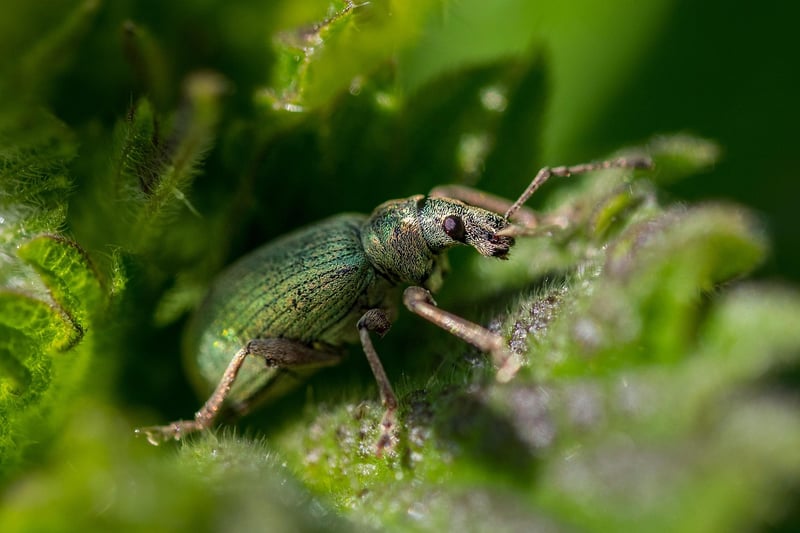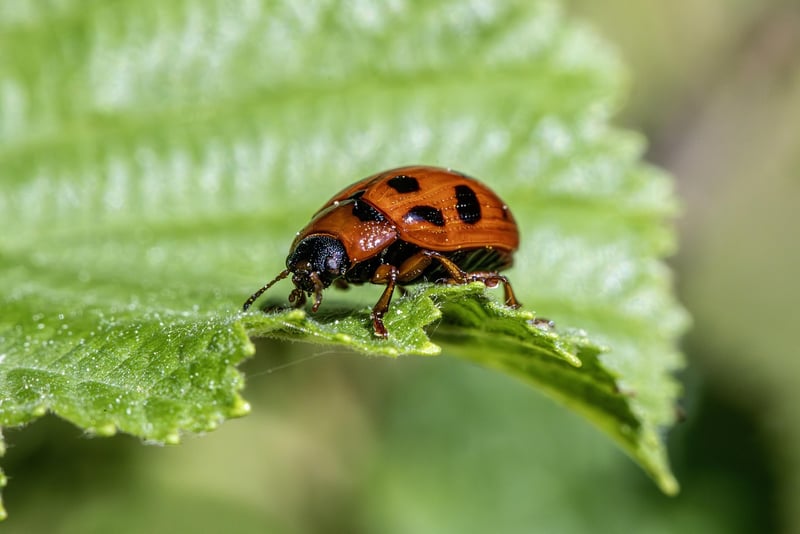Pest Control Tips
Tips for Nurturing a Healthy Garden
1. Choose the Right Plants
Start by selecting plants that are well-suited to your garden's location, soil type, and sunlight levels. This will ensure they thrive and require less maintenance.
2. Provide Adequate Watering
Water your plants deeply but infrequently to encourage deep root growth. Consider investing in a drip irrigation system for efficient watering.
3. Mulch Regularly
Applying mulch around your plants helps retain moisture, suppress weeds, and improve soil health by adding organic matter as it breaks down.
4. Practice Regular Pruning
Trimming back overgrown branches and dead foliage not only improves the appearance of your garden but also allows for better air circulation and light penetration.
5. Implement Natural Pest Control
Encourage beneficial insects like ladybugs and lacewings that feed on pests, and use natural remedies like neem oil or insecticidal soap to deter unwanted visitors.
Pest Control Tips
1. Identify Problem Pests
Regularly inspect your plants for signs of pest damage such as holes in leaves, chewed stems, or discolored patches. Identifying the culprit is the first step to effective control.
2. Introduce Predatory Insects
Release beneficial insects like ladybugs, praying mantises, or nematodes to naturally control pest populations without the need for chemical pesticides.
3. Use Physical Barriers
Protect vulnerable plants by using physical barriers like row covers or netting to prevent insects from reaching them.
4. Try Organic Sprays
Mix up homemade sprays using ingredients like garlic, chili peppers, or soap to deter pests effectively while minimizing harm to beneficial insects and the environment.
5. Rotate Crops
Rotate your crops each season to disrupt pest life cycles and prevent the buildup of populations that target specific plants.


